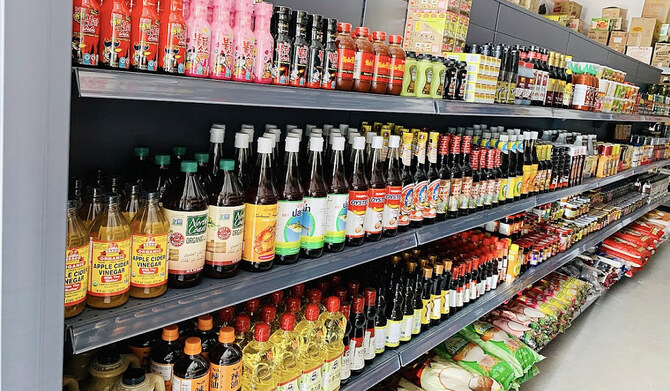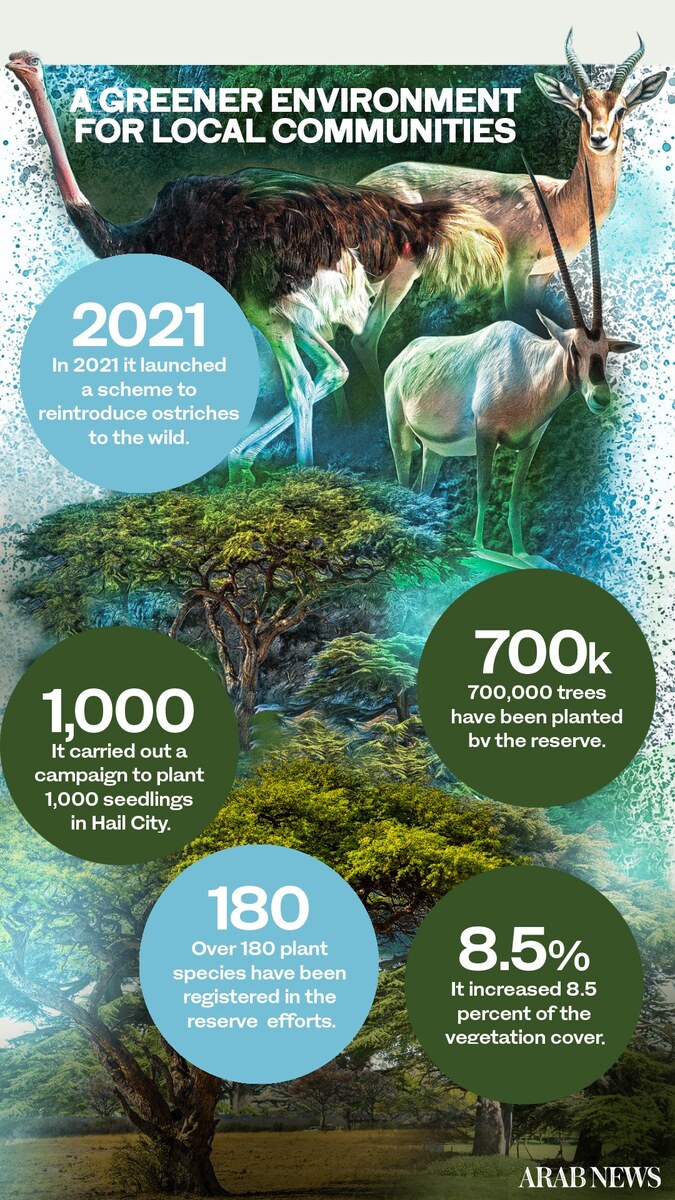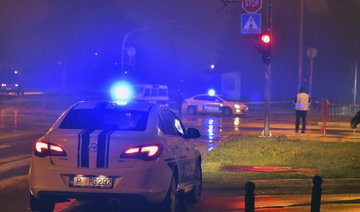NEW YORK: Saudi Arabia gives billions of dollars in humanitarian aid to Yemen, but equally impactful is the effort the Kingdom is spearheading to rebuild roads, schools, hospitals and the private business sector in the Arabian Peninsula country.
The Saudi Development and Reconstruction Program for Yemen (SDRPY), supervised by Mohammed bin Saeed Al-Jaber, the Saudi ambassador to Yemen, not only gives financial aid for development in Yemen but also provides educational training and resources.
The SDRPY was established almost a year ago to work alongside the Yemeni government to devise and implement development projects in all areas affecting the daily lives of the Yemeni people, to facilitate recovery, create job opportunities, provide basic services and support the economy.
Last week, as heads of state, presidents, premiers and thousands of staff converged on the 74th session of the UN General Assembly (UNGA) in New York, officials of Saudi humanitarian aid and development projects were on hand to explain exhibits in the lobby of the UN headquarters.
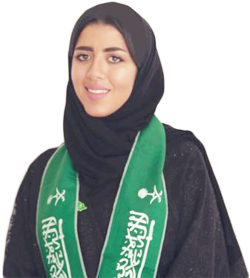
Randah Al-Hothali
Randah Al-Hothali said that hundreds of delegates and staff from many organizations were given a hands-on look into SDRPY’s operations. The exhibition showcased the reconstruction of damaged hospitals, schools and farms using printed materials, video and virtual reality technology in a way that took each delegate on a personal tour of the projects.
“We cover seven different sectors: health, education, agriculture, fisheries, water and damns, transportation,” Al-Hothali said of the development programs launched about one year ago.
“All these different sectors target the needs of Yemeni citizens.”
FASTFACT
$500m - Pledge to 2019 Yemen Humanitarian Response Plan by Saudi Arabia.
SDRPY has delivered $180 million in oil derivatives to 64 power plants in all 10 government-controlled provinces of Yemen.
More than 68 projects are underway, offering support in seven vital sectors including health care, education, agriculture and fisheries, water, electricity, transport, and security and residential building construction.
“We also cover the energy sector, providing the oil derivatives that help pay the salaries of the teachers, the doctors and medical staff in Yemen,” Al-Hothali said.
She said until the program started, Yemenis only had access to electricity for about two hours day.
“Thanks to the support they now have electricity 24 hours each day.”
Al-Hothali said that the program provides greenhouses and tractors for agriculture and fisheries. “About 70 percent of the income of a Yemeni family is based on agriculture and fisheries,” she said.
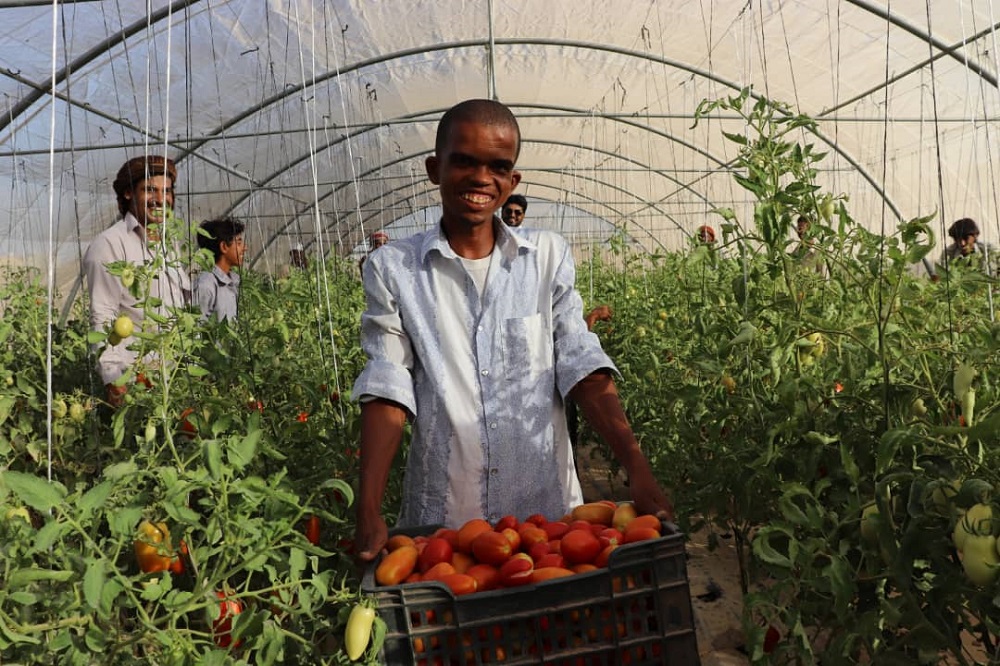
The program provides greenhouses and tractors for agriculture and fisheries. (Supplied photo)
“So, by helping them and providing them with these tools, they are being enabled to provide for their families.”
A big effort is also underway to provide education for the younger generation. “We printed out more than half a million textbooks and provided them with desks and tables. We want them to have access to education,” she said.
Al-Hothali pointed to a photograph of a Yemeni child who held a textbook as if he were holding a weapon. She said that many children at a young age are forced by militias to take up weapons against the people of Yemen.
“The program is replacing those weapons with books and opportunities so that they have a future,” Al-Hothali said. “The ambassador (Al-Jaber) said we are putting school textbooks in the hands of children in the place of weapons.”
In addition to helping the youth return to schools and education, and families to strengthen their economic well-being, the program also targets Yemeni women, providing them with support and educational opportunities.
“We are providing them with school buses. In the culture of the Yemeni people, it is hard for them to allow their daughters to travel several miles to school,” Al-Hothali said. “I met one girl who was 12 years old, who for the first time was able to begin her education by taking the buses to the schools,” she said. “The buses provide safety and comfort for the families. Sometimes the simplest things have made the greatest impact.”
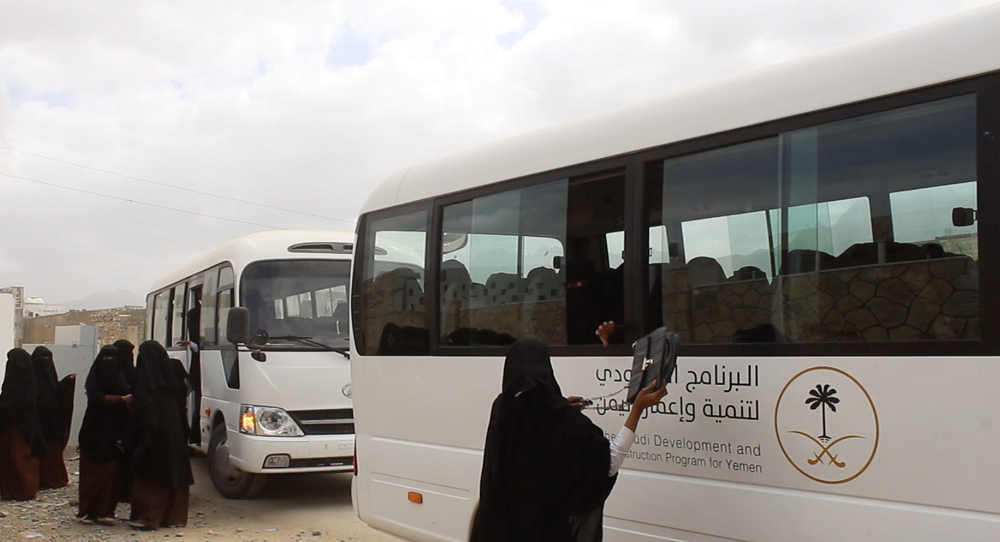
The program provides school buses to Yemeni daughters who go to school. (Supplied photo)
Al-Hothali said that the SDRPY programs are being conducted across Yemen.
“One of the hospitals in Al-Jouf used to get 18,000 patients every month. But that hospital had been shut down and was not operating. The program provided them with modern medical equipment, thanks to which the hospital is operating again,” Al-Hothali said.
“We are building new schools. You can see the fishermen in their boats. You can see the sellers in the markets. You can see all of these advances taking place today.”
People interested in learning more about the SDRPY’s projects in Yemen can go online at www.sdrpy.gov.sa.
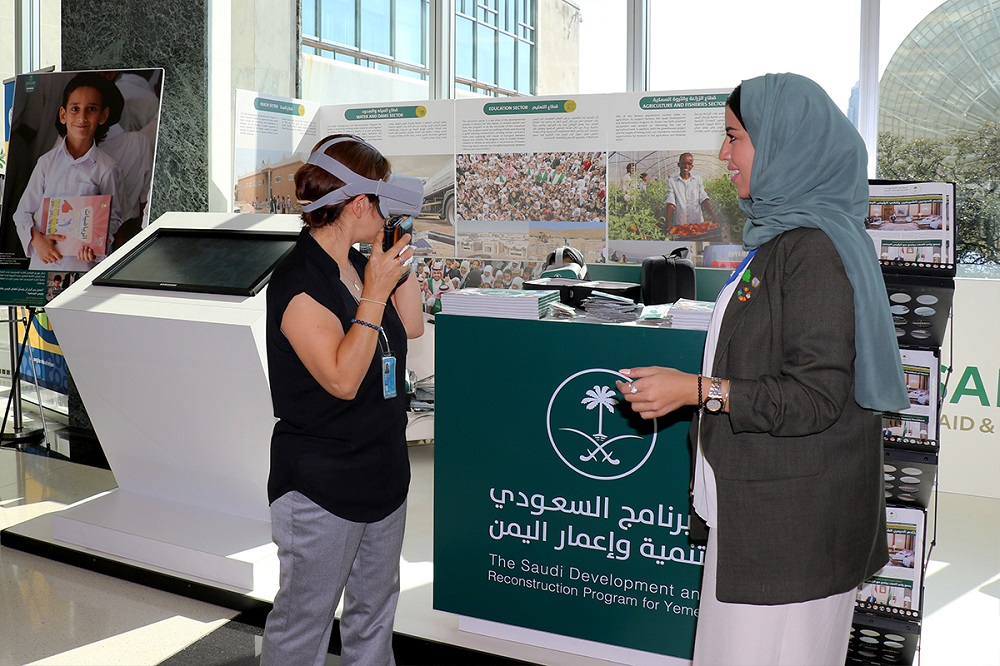
The exhibition included virtual reality technology presentations highlighting SDRPY projects, operations and a gallery of Yemeni beneficiaries. (Supplied photo)
The exhibition included virtual reality (VR) technology presentations highlighting SDRPY projects, videos of SDRPY operations, and an image gallery of Yemenis of all age groups who are benefiting from the program’s development projects.
These projects have strengthened the Yemeni economy and created employment opportunities for the local workforce.
“The response from the delegates to the information that was provided here has been enthusiastic,” Al-Hothali said. “They have been able to see firsthand what is being done by Saudi Arabia to help the people of Yemen.”

SDRPY projects have created employment opportunities for the local workforce. (Supplied photo)
Al-Jaber, the Saudi ambassador, reiterated Saudi Foreign Minister Dr. Ibrahim bin Abdulaziz Al-Assaf’s announcement on the completion of its pledge of $500 million to the 2019 Yemen Humanitarian Response Plan (YHRP) at the UN donors’ conference for Yemen, which took place on the sidelines of the UNGA meeting.
Al-Jaber said this was motivated by Saudi Arabia’s commitment to do all it can to alleviate the suffering of the Yemeni people. This included, but was not limited to, improving the humanitarian situation in Yemen by supporting the UN in rendering assistance through its relief workers.
Ambassador Al-Jaber said that the money will supplement the joint Saudi-Emirati “Imdad” initiative to strengthen food security and nutrition in Yemen in the form of $500 million for the UN, announced in early 2019, as well as the $70 million provided jointly by the Kingdom and the UAE to cover teachers’ salaries in Yemen in cooperation with UNICEF.
The Kingdom’s contributions, the ambassador said, represented an extension of its efforts to support the Yemeni people and improve living standards through SDRPY projects and initiatives.
SDRPY projects improve essential services and economic opportunities in sectors including education, health, agriculture and fisheries, electricity, water, transportation, and residential and government building construction, Al-Jaber said.
The Kingdom had provided $2.2 billion to the Central Bank of Yemen (CBY) since the beginning of 2018, reinforcing the exchange rate of the Yemeni rial. Financial assistance — exceeding $1.3 billion so far — covered letters of credit for Yemeni traders and sustained imports of six basic foodstuff commodities, he said.






